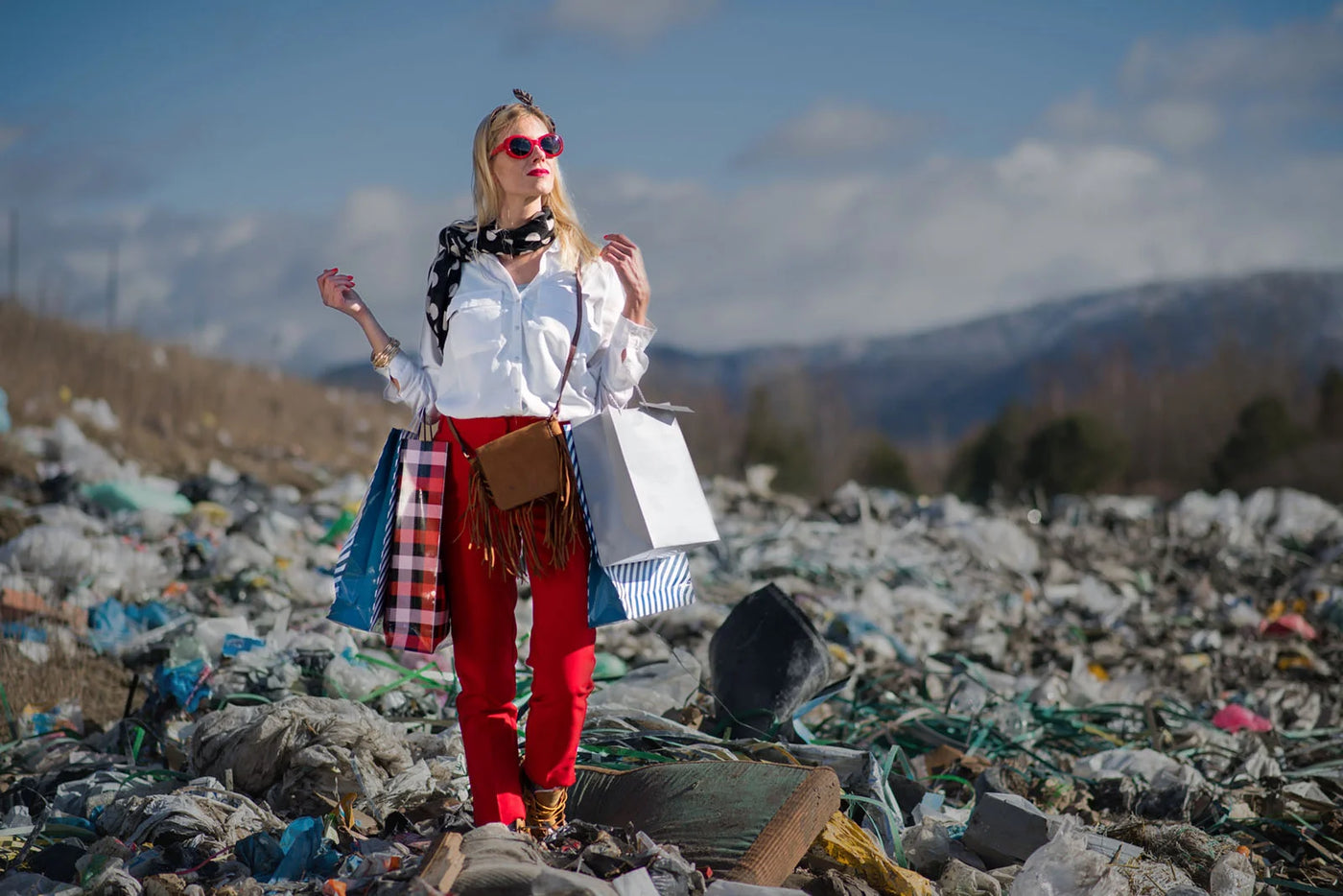The Hidden Toll of Fast Fashion: Environmental and Ethical Concerns

The rise of fast fashion has transformed how we consume clothing, offering trendy styles at affordable prices. However, behind the convenience lies a growing environmental and ethical crisis that demands attention.
Environmental Impact
Fast fashion’s rapid production cycle contributes significantly to pollution and waste. The industry is responsible for:
- Water pollution: Toxic dyes and chemicals from textile factories often contaminate rivers, harming ecosystems.
- Carbon emissions: Mass production, cheap synthetic fabrics, and global shipping increase the industry’s carbon footprint.
- Textile waste: Millions of garments end up in landfills annually, as low-quality clothing wears out quickly.
Labor Exploitation
To keep costs low, many brands outsource labor to countries with lax regulations, leading to:
- Unfair wages: Workers often earn below living wages in unsafe conditions.
- Child labor: Reports continue to expose underage workers in supply chains.
Sustainable Alternatives
Consumers can drive change by:
- Choosing ethical brands that prioritize fair labor and eco-friendly materials.
- Embracing slow fashion—buying fewer, higher-quality pieces.
- Supporting secondhand shopping or clothing swaps.
The Path Forward
While some brands are adopting recycling programs and transparency initiatives, systemic change requires stricter regulations and consumer awareness. By rethinking our shopping habits, we can reduce fashion’s harmful footprint.









